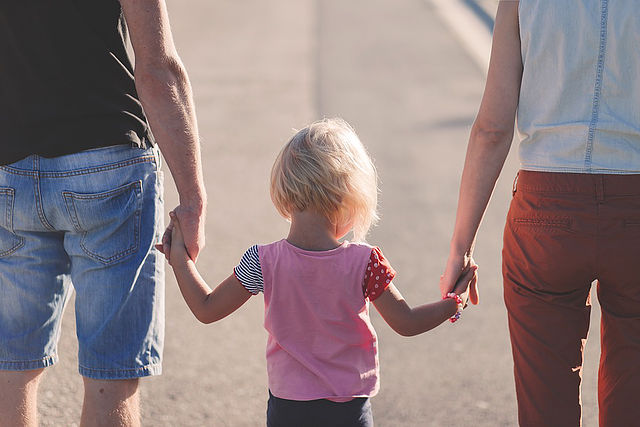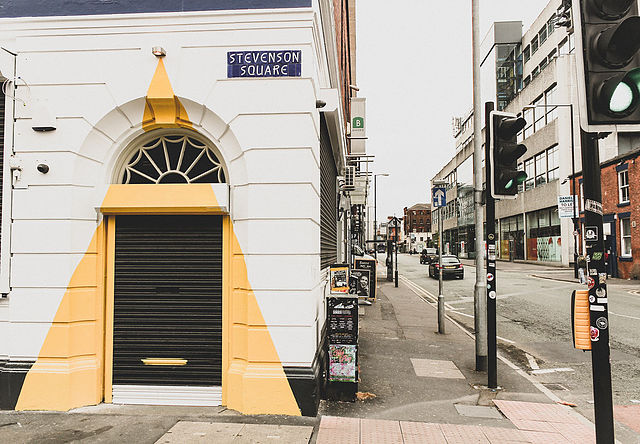Ira Mata, Ira Tangata: Auckland, New Zealand’s Homeless Count

Over 700 people took to the streets of Auckland, New Zealand to conduct a point-in-time count of people experiencing homelessness. According to Toby Manhire of The Spin Off, volunteers spread from Pukekohe to Warkworth to collect information on the current state of street homelessness. Local homelessness agencies plan to utilize the data to improve allocation of support services. The count was organized by the housing first collective of five community organizations, and supported by the Auckland City Council.
“This will help the community take another step forward to help end homelessness,” said Chris Farrelly, the ‘grandfather’ of street counts in Auckland. Initial figures of the count will be announced on World Homeless Day, October 10, 2018.
Read the article here.
Tackling Homelessness and Meeting Housing Need Conference
The Chartered Institute of Housing (CIH) will host the Tackling Homelessness and Meeting Housing Need Conference on December 5-6, 2018 in Northampton, England. The conference is an opportunity for housing professionals throughout England to convene and consider key policy and strategic issues in homelessness and housing. The Institute encourages senior and front-line members of staff; staff working in the voluntary sector; and members of health and welfare agencies to attend the conference. With a wide range of delegates attending, CIH suggests that this will also be an opportunity for organizations to network and develop new professional relationships.
Register here.

The Centre for Homelessness Impact Looks at Evidence in England
In the Centre for Homelessness Impact’s Making Better Use of Evidence to End Rough Sleeping in England blog, Dr. Lígia Teixeira discusses how an evidence-based framework could compliment England’s forthcoming strategy to resolve street homelessness. Dr. Teixeira suggests that such a framework could help the country monitor its progress, while focusing on impact rather than activity and costs. According to The Centre, there are three key steps to move this agenda forward; 1) draw on bodies of evidence and build the evidence of what works; 2) focus on improvement and 3) build local capacity for evidence use. They encourage the use of reliable evidence on homelessness and related issues in government and sector-wide operations for the development and implementation of effective public policy.
“Greater investment in experimentation and evaluation would not only help the government meet its goal to end street homelessness in England, but ensure it does so sustainably and permanently.”
Read the blog here.
Rijeka, Croatia Conducts Street Homelessness Count
The Institute of Global Homelessness (IGH) joined city leaders and volunteers in Rijeka, Croatia to learn more about the state of local street homelessness. Rijeka is the fifth vanguard city to join the IGH A Place to Call Home Campaign. Sister Veronika Mila Popić, Director of Depaul Croatia and head of the Rijeka House of Refugees, and Dragica Marač, Head of the County Social Policy Department and Youth, lead the outreach initiative. Upon joining the campaign, Marač expressed the city’s goal to identify the number and location of people living without shelter by the end of 2018. The first steps toward providing emergency accommodation are already underway.
Read the article here. (This article’s original text is in Croatian)
Learn about Rijeka’s goal here.

Homelessness in America: Focus on Families with Children

The United States Interagency Council on Homelessness (USICH) released a brief called Focus on Families with Children exploring data and information on: the scale of family homelessness; knowledge about the families with children who experience homelessness; knowledge about patterns of homelessness among families with children; knowledge about families’ risks for experiencing homelessness; and the most significant gaps in available data and current understanding of families with children who experience homelessness. This brief is apart of USICH’s Homelessness in America series, which aims to build upon a clear understanding of who is at risk of homelessness, who experiences homelessness, and differences within and between sub-populations of people who are at risk or are experiencing homelessness.
According to the brief, families with children represent one-third of all people experiencing homelessness on a given night in America. Overall, the number of family households experiencing homelessness at a point in time declined by 27% between 2010 and 2017. USICH suggests that further research and data is needed several areas including documentation of the patterns and trajectories of homelessness among families living in rural areas; the impact of race, gender, and other demographic factors on entries into and exits from homelessness and more.
Read the report on the IGH Hub.





















